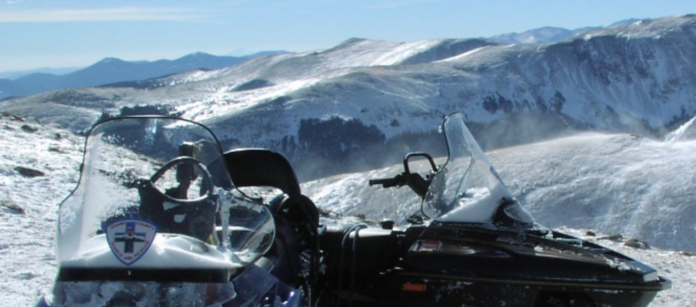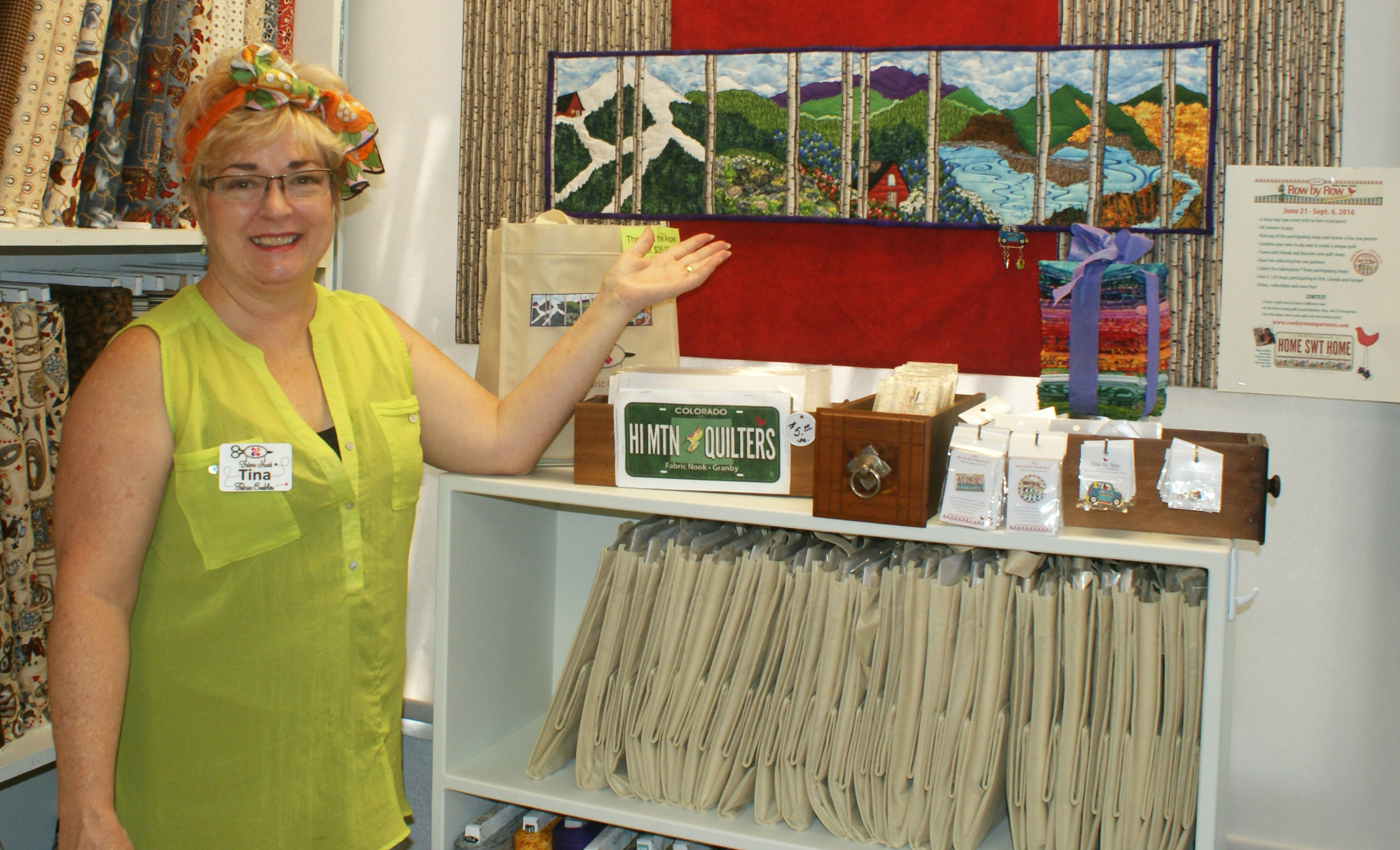COVID-19 will impact volunteer search and rescue (SAR) resources throughout the state, as it will the entire first responder system. Grand County Search and Rescue (GCSAR) wants to remind members of the public to carefully consider back country recreational opportunities they may want to participate in.
GCSAR will be actively doing everything we can to support our community and assist those in need of our services. We encourage efforts to “flatten the curve” through social isolation and for many this will mean getting out on trails and into remote areas. This de-stressing and self-care are vital. Please be aware that this is also the time to be extra cautious and follow responsible and safe practices. Because we are anticipating an increase in SAR calls, we will be taking all appropriate precautions to protect responders from becoming ill and our limited resources from becoming contaminated. We are working closely with all emergency responders and medical professionals to ensure responders are following current best safety practices and are available to assist in any situation.
We request that the public consider their potential impact on all aspects of public services when planning outings and requesting help. Please get out, please enjoy yourselves, please de-stress. If you are injured or lost, or your loved one is overdue, please call 911. Please recognize that SAR may treat you as a COVID-19 risk and take all necessary precautions to protect the health and availability of all EMS responders. Assistance in a backcountry emergency could result in response times that are significantly increased or delayed and some resources, such as air ambulances, may be unavailable.
GCSAR is working to evolve with the changing Coronavirus situation to maintain our free services. With Colorado’s Stay at Home Orders, GCSAR suggests these reminders and additional recommendations:
• If you have tested positive for COVID-19, are in an active quarantine or isolation period, or have symptoms of any illness, stay home. If anyone in your household is sick, stay home.
• Keep your dog on a leash, even if you don’t have to. We don’t know if fur can transmit viruses.
• Choose easy, safe, and low risk activities so as not to increase the risk of your injury and reduce the chance of further stressing Colorado SAR teams and the emergency response and health care agencies. Do not participate in activities that are high risk or those which exceed your equipment or capabilities.
• Prior to heading out, check to see if your intended trailhead, park or destination is open.
• Do not expect facilities
such as outhouses or visitor centers to be open. Prepare appropriately and bring your own hand sanitizer. Expect that rangers are short-staffed and working very hard.
• Follow CDC guidelines
for social distancing and hygiene. On trails this means announce yourself to others and coordinate social distancing, and gently stepping off the trail if someone is approaching (uphill traffic has the right of way.)
• Advise someone where you are going, your intended route, when you will be back, the description of your vehicle, your cellphone number, the equipment you intend to carry, whether you have a known exposure to sick people, and how you’ve been feeling. Update your contact if your plans change.
• Carry the Ten Essentials plus a phone and/or satellite messenger. Have a fallback, non-electronic means of navigating and know how
to use it. Plan for and be prepared for any eventuality, including extended rescue times and the potential of an uncomfortable night out.
• Watch the weather as things can change quickly during this time of the year. Expect ice, snow, and mud. Wear traction devices on ice, float on snow with snowshoes or skis, and wear waterproof shoes or plan to get muddy.
• Consider avoiding all avalanche terrain. This includes in-bounds ski areas. We ask that snowsports enthusiasts carefully consider their decisions and proceed with extra caution. Now that ski areas are closed, avalanche mitigation likely won’t occur. The US Forest Service has advised that private snowmobiles and snowbikes are not allowed at any ski areas regardless of whether they are open or closed. Please consider how your decisions may affect the emergency response capabilities within the outdoor community.
• Follow leave no trace principles.









